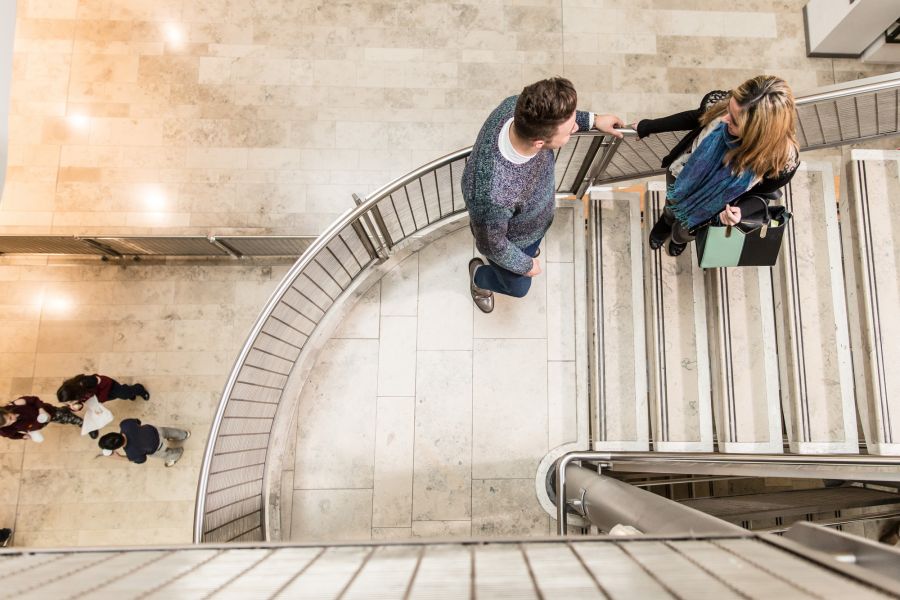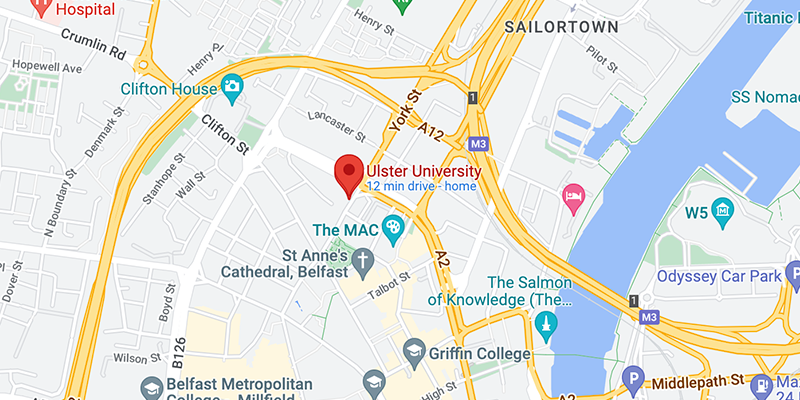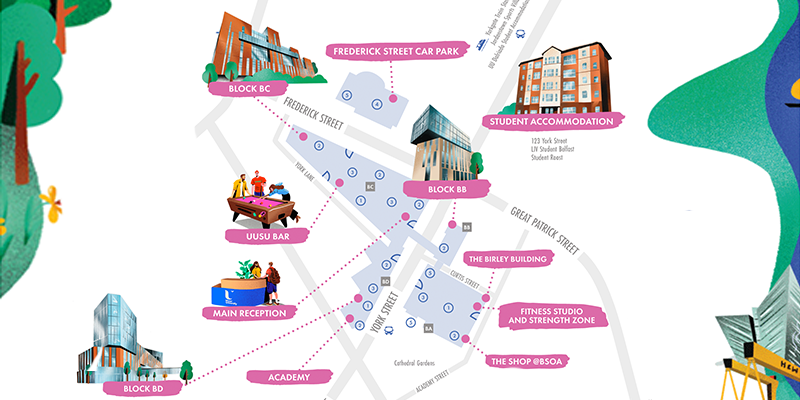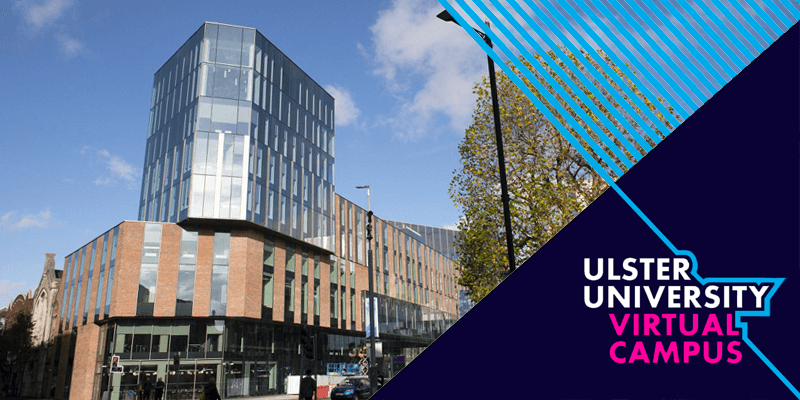Page content
What does it mean to tell the truth about the British Empire in the theory and practice of International Relations?
A coalition of scholar-activists working with members of the Decolonial Open Communiversity, are launching two research workshops as part of our nascent Peoples’ International Truth-Telling Tribunal on the British Empire.
These workshops will convene International Relations scholars (broadly defined) to critically examine the role of truth-telling in addressing the enduring legacies of British imperialism in international policymaking and global governance.
Building on existing scholarship - such as the 2022 International Affairs Special Issue on Race and Imperialism in International Relations: theory and practice - these sessions will focus specifically on the British Empire and explore truth-telling as both an academic responsibility and a transformative practice for engaging with affected communities.
Workshop Format
- Online Workshop: Date TBD, June 2025 (accessible globally, scheduled based on participant availability).
- In-Person Workshop: 1pm-5pm 17 June 2025, Belfast, immediately preceding the BISA annual conference and incorporating insights from the online session.
Workshop focus
These four-hour workshops will consider the processes and implications of truth-telling within academia, discussing how International Relations scholars can reckon with British imperial legacies and support broader truth-telling initiatives. Key themes and questions include:
- Imperial Amnesia and Knowledge Production (brief introductory discussion):
How has your IR subdiscipline(s) been structured by British imperial legacies, and how do these influences shape research, teaching, and public engagement? - The Role of Academia in Truth-Telling:
What responsibilities do academics have in contributing to truth-telling? How can we ensure that our work not only acknowledges historical injustices but actively supports communities leading these efforts? What models exist - or could be built - for sustained collaboration between researchers, civil society, and communities seeking cognitive and reparatory justice? - Truth-Telling for Contemporary Challenges: How does reckoning with imperial histories reshape how IR engages with contemporary global challenges such as climate change, migration, security, development, et al.? What would it mean for the field to move from ‘knowing about’ empire to working through its afterlives? How might truth-telling open space for new epistemologies, solidarities, and institutional arrangements?
Workshop Structure
- Opening Reflections: Participants and invited speakers will share their thoughts on truth-telling in IR
- Thematic Breakout Discussions: Small groups will discuss key questions tailored to their specific IR subdisciplines.
- Collaborative Final Session: Participants will reconvene to share insights from the breakout sessions, identify common themes and differences, and develop a plan for future collaborations to strengthen this community of scholars.
Expected Outcomes
By centring truth-telling as a transformative process, these workshops aim to empower academics to actively address the legacies of British imperialism in their research and teaching.
Contributions from participants will help shape the Peoples’ International Truth-Telling Tribunal and foster a community committed to integrating truth-telling into scholarly work.
A special issue featuring work by participants is also envisioned as a lasting contribution to confronting imperial amnesia in International Relations.
Transparency & Collaboration
This workshop is designed as a collaborative and reflexive inquiry into how International Relations scholars engage with truth-telling about British imperialism.
The workshops aim to foster open dialogue and collective knowledge production.
All contributions will be properly acknowledged, and any ideas emerging from discussions will be treated with full academic integrity.
Participants will have the opportunity to shape outputs, including potential publications or collaborative projects.
Apply
Light catering will be provided. Unfortunately, we are not currently able to offer funding for travel or accommodation.
Contact Asha Herten-Crabb (a.k.herten-crabb@lse.ac.uk) for any further information.
Belfast Campus
2-24 York Street, Belfast, BT15 1AP
Event Info
This event has ended
























